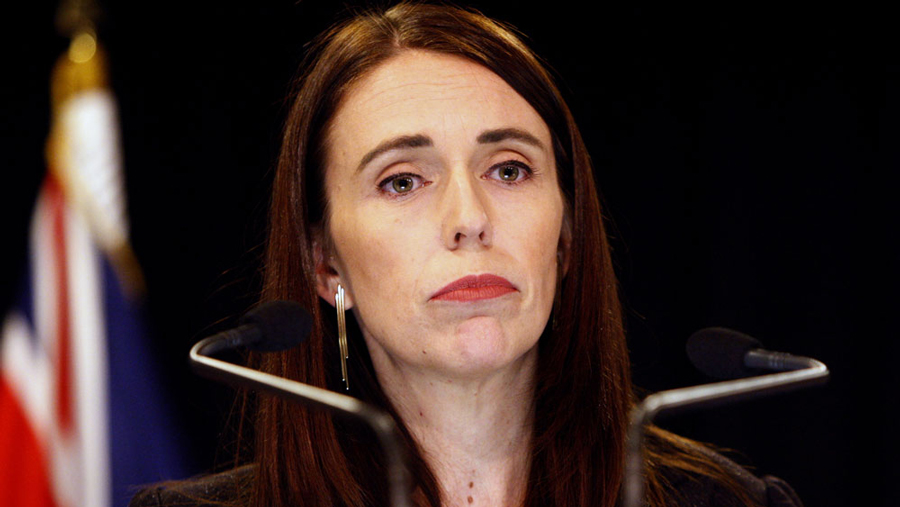The outcome of the parliamentary election in New Zealand was a foregone conclusion: Jacinda Ardern, the leader of the Labour Party, was expected to return to power. What has surprised the pundits, however, is the massive public endorsement for Ms Ardern and her policies. The Labour Party has won over 49 per cent of the vote — it has received the biggest ever mandate since New Zealand adopted the proportional representation system — and is expected to take over half the seats in Parliament. The electoral outcome can be explained by Ms Ardern’s decisive leadership and bold management of crises, be it the coronavirus pandemic or sectarian violence. Even as bigger, influential economies struggle with the virus — presidential-poll bound Unites States of America is an example — New Zealand has managed to keep its fatality rate remarkably low. Ms Ardern’s intervention in the aftermath of the terrorist attack in Christchurch was equally bold. She had no qualms about passing a legislation that targeted assault weapons. Compassion, equality, empathy and spirited public outreach have been the hallmarks of Ms Ardern’s political programme. Each of these elements has culminated in the creation of a fabric of inclusion that has received tumultuous public support.
There, undoubtedly, is a broader message in Ms Ardern’s electoral triumph. Much of global politics, driven by schisms and antipathy towards minorities and other vulnerable constituencies, has turned vociferously shrill and insular. The ascendance of far-right leaders in several corners of the world is a testament to the failure of the liberal political project. But the victories of Ms Ardern in New Zealand and, now, the impressive performance of the socialist regime in Bolivia have ignited the possibility of the resurrection of the principles of accommodation, equality and freedom. Ms Ardern, even if she does not like it, could be christened the new messiah of liberalism. This, however, is not to suggest that her stint in power is going to be free of challenges. The virus may be down in New Zealand but it is not quite out; the economic costs of the pandemic have also been substantial. Ms Ardern, now saddled with greater expectations, cannot afford to slip on these battlefronts. Then, there is the worsening climate crisis, an issue that is central to Ms Ardern’s politics. It remains to be seen how Ms Ardern takes on these impediments. But any future assessment of her political legacy must concede that the lady charted a map for the possible return of liberalism by prioritizing public welfare over bigoted rhetoric.











